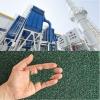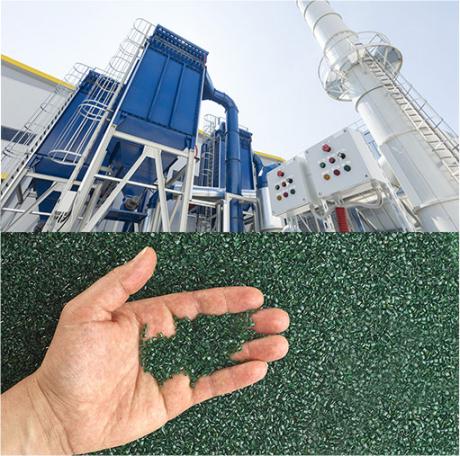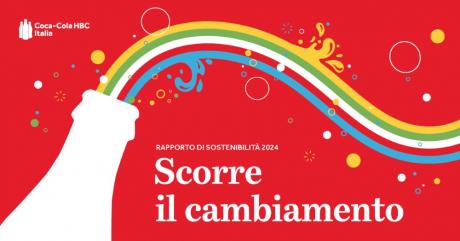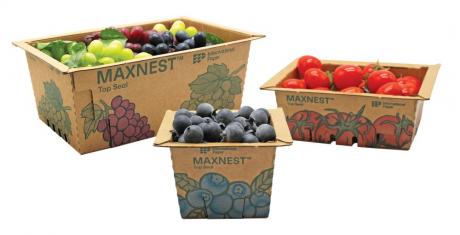Barilla, the Italian pasta and bakery products shop founded 145 years ago is now a business which brings together 8,700 people, and a supply chain that shares its values and passion for quality. In 2021, the Barilla Group continued to invest in innovating and reducing the impact of production processes in terms of CO2 emissions, energy and water consumption, to promote sustainable supply chains and to design packaging to be recyclable.
These are just a few of the highlights of the Barilla Group’s new sustainability report published on 26 July, providing the results achieved by the Parma-based company for the environment and for communities.
Claudio Colzani, CEO of the Barilla Group affirmed:
In the coming months, this journey will lead us to set clear, measurable objectives towards sustainable development. We will continue to invest in reducing our environmental impact in terms of CO2 emissions and water consumption, and to produce recyclable packaging.
The Sustainability Report tells us that the products and processes are increasingly innovative and environmentally friendly. Overall, since 2010 and per ton of finished product, greenhouse gas emissions have decreased by 31% and water consumption by 18%. Transposing 2021 food production to the 2010 figures, the difference in terms of energy efficiency would be 128 million kg of CO2 and 555,000 m3 of water. In just over 10 years, the investments made have resulted in cuts in emissions that would equate to seven car journeys between the Earth and the Sun and a quantity of water sufficient to fill 222 Olympic swimming pools.
Even more so, 64% of the electricity purchased comes from renewable sources with Certificates of Guarantee of Origin and over 91% of the waste produced has been sent for recycling and energy recovery.
Furthermore, Barilla’s commitment to reducing the environmental impact of packaging also continues despite a difficult year for the supply of raw materials in this field. In Italy, the Barilla Group has achieved 100% of packaging designed to be recyclable, 99.7% globally, and the Group only uses paper and cardboard from responsibly managed forests.









